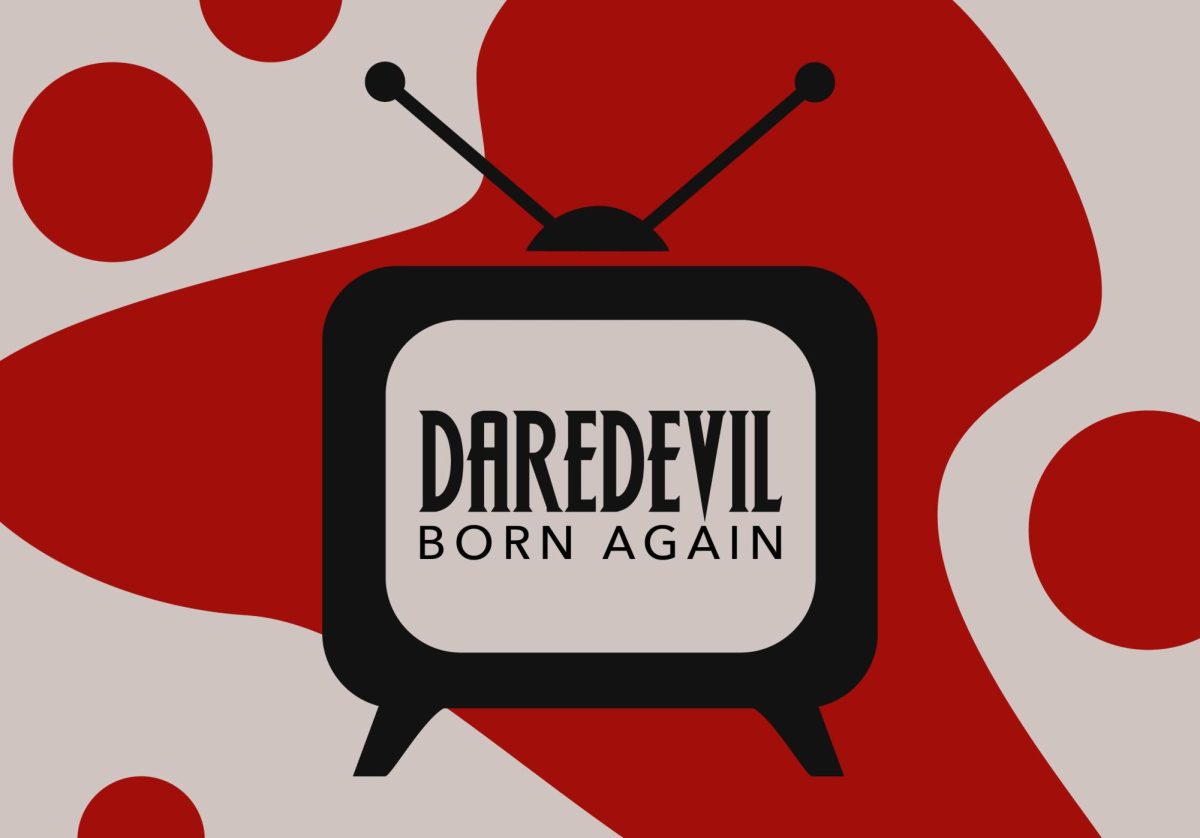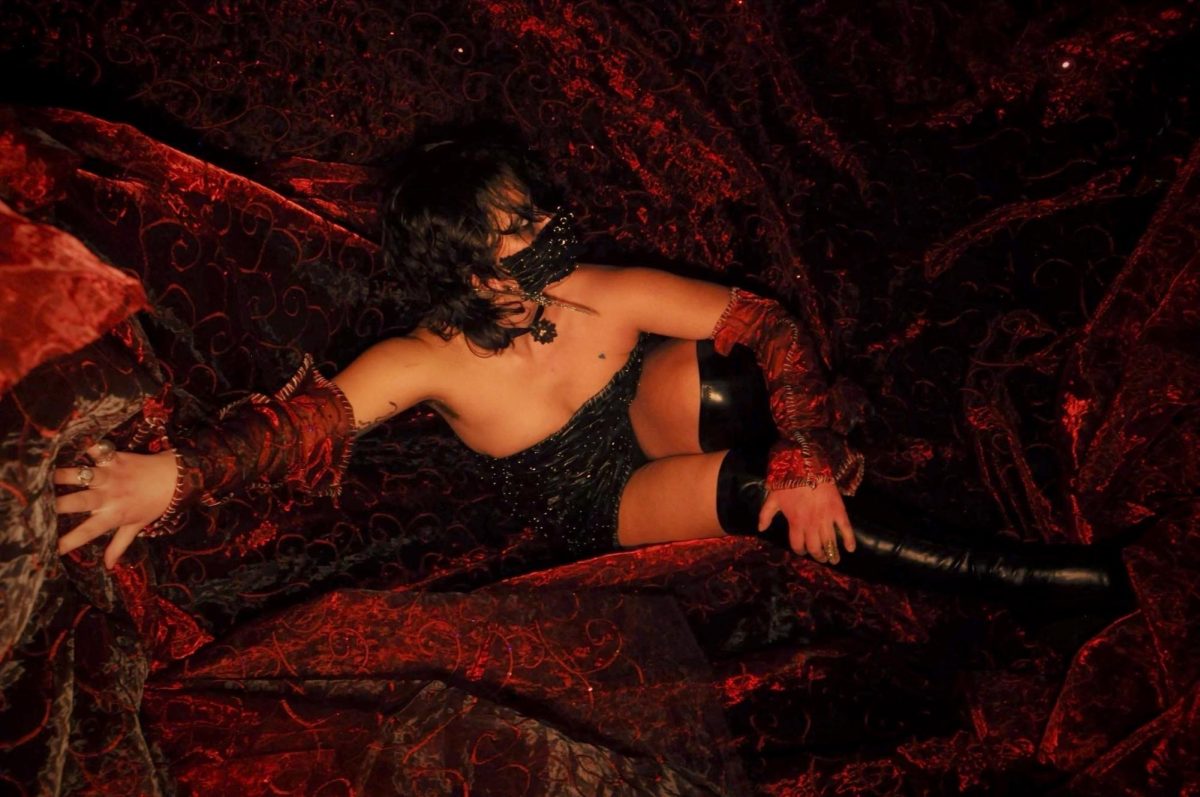“Love Lies Bleeding,” is the newest entry into the queer cinema canon and the pulpy gay crime thriller we have all been waiting for, and hit theaters on March 8.
In her second feature film, director Rose Glass tells a tale of family ostracization, loners finding each other, the deep and fiery sapphic love that results and the criminal underworld that is earnestly melodramatic, for better and for worse.
Stars Kristen Stewart and Katy O’Brian both give performances unabashedly in line with Glass’s tale. They give themselves to their characters and the sensational storylines they find themselves in, and behind all of the thrill, you can see they are having fun.
Stewart plays Louise (known as Lou Lou), who manages a gym in a small, unnamed New Mexico city, living a dead-end life in the 1980s with the FBI inexplicably wanting to talk to her. One day, a muscle-bound woman with fluffy black curls named Jackie, played by O’Brian, shows up to train for a bodybuilding contest and immediately catches Lou Lou’s eye.
Within hours of meeting, they begin a passionate affair. Soon after that, they are covering up a murder together.
Stewart’s awkward dryness fits the character of Lou Lou well, though within the first 20 minutes of the movie it is difficult to see the character beyond Stewart herself. A similar issue arises with Jackie. Those who have had ads for “Love Lies Bleeding” plastered all over their social media for months now only see O’Brian’s charming smile and not the mysterious newcomer she is supposed to be playing.
Still, Stewart displays a refreshingly dynamic emotional range that captivates and commands. O’Brian wonderfully shows cheerfulness turned into hazy desperation as her character’s ambitions and resulting steroid addiction take over.
Pacing issues riddle the first half hour, as if the film is tripping over itself to get to the action without slowing down for proper exposition. Reaching the inciting incident feels like reaching the climax of a short film when you realize there is still a good hour left to go.
It feels as if our lesbian loner lovers cross paths way too quickly. The audience knows barely anything about either Lou Lou or Jackie individually when suddenly they are forced to compare and contrast them.
The action itself is heart-racing and engrossing, truly defining the film. A highlight is a scene where a character is suddenly murdered directly in front of Lou Lou. In response, she cries in disbelief, “HUH?!” The reaction elicited laughs and gasps alike from the audience at The Main Cinema.
Typical of an A24 film, “Love Lies Bleeding” contains some grotesque imagery, an interesting dimension that sets this film apart from other action thrillers.
“Love Lies Bleeding” plays up the melodrama and, of course, bloodshed in an engaging way, though the tastefulness of that melodrama is often borderline.
At one point Jackie calls her younger sibling in Oklahoma, who innocently asks when she is going to come home. In tears, she tells them, “Don’t ever fall in love, okay?” Instead of being the emotional peak it is supposed to be, this line feels corny and shoe-horned in.
With its thrilling but heavy-handed action, gritty scenes and circumstances, and intoxicating romance, “Love Lies Bleeding” is evocative of lesbian pulp fiction of the mid-20th century.
According to the Smith College Libraries, lesbian pulp emerged as “lurid, erotic and sensationalized” depictions of queer life in the form of cheap entertainment, the tradeoff being lack of a substantial story.
It can be said that “Love Lies Bleeding” is modernized lesbian pulp for the silver screen — the gritty sand and hot sun of its New Mexico scenes mirror the flimsy wood pulp pages of last century’s paperback novels. Still, there is nothing outdated about this film, as queer love is what causes the action. This may not be a film of utmost substance, but that ultimately may not be what it needs to be.








